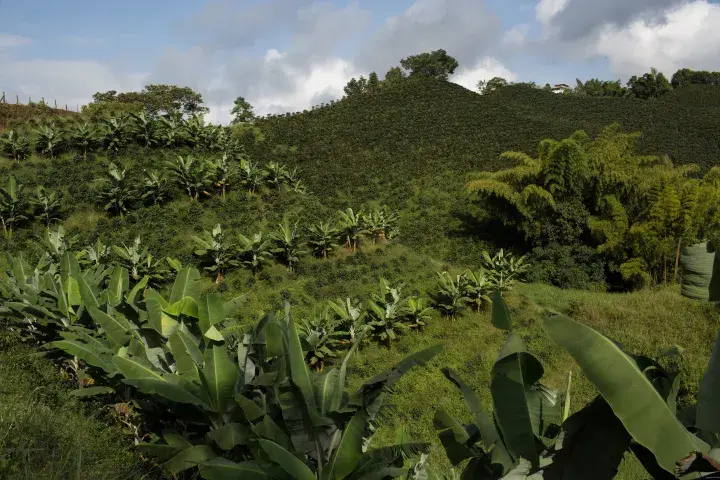The pandemic forced sustainability systems to adapt to the reality that on-site audits could not be performed easily – or at all. This drove many to embrace new technologies and approaches, enabling audits to be carried out remotely, with a focus on improving data management and governance.
Having adapted auditing approaches, it's important to consolidate what has been learned during the pandemic. And, whether there is a role for remote auditing in future assurance models in non-crisis times.
New guidance on remote auditing good practices
ISEAL, with support from IDH, the Sustainable Trade Initiative, worked with sustainability systems and assurance providers from a range of sectors to examine, discuss and capture their remote auditing experiences during the pandemic.
After a year-long consultation, we have produced a Remote Auditing Good Practices guide. This captures what we have learned so far about remote auditing, which can inform improvements in assurance in non-crisis times.
This guidance provides practical insights on how to check the feasibility of a remote audit in different contexts, as well as the key considerations for planning, preparing, and implementing a remote audit approach based on this collective experience. We hope it will be a valuable resource for sustainability systems that want to strengthen the integrity, continuity and effectiveness of their assurance practices through remote auditing.
The good practices from this guidance complement insights from our existing guidance, which supports sustainability systems in deciding when best to use remote auditing and what to consider when using new technologies and data sources.
Testing innovative solutions in remote auditing
To supplement this new guidance, the ISEAL Innovations Fund co-funded four sustainability systems to pilot different remote auditing approaches and technological solutions in a range of contexts during the pandemic. This was supported by the Swiss State Secretariat for Economic Affairs SECO and IDH, the Sustainable Trade Initiative.
Insights from these pilot projects advanced our understanding of what works and what does not work in different contexts, and shed light on the practicalities of integrating remote auditing within assurance practices.
For the pilot projects, two organisations evaluated their own remote auditing approaches and what a risk-based approach might look like, and two used a remote phone-survey, based on worker voice technology, to interview factory and agricultural workers. You can learn more about the pilot projects and their findings here.
Next steps
Remote auditing has the potential to increase the effectiveness and efficiency of sustainability assurance, but it won’t fully replace on-site audits.
Our consultation and the pilot projects highlighted challenges, for example in assessing social issues, evaluating criteria, and accessing quality data. However, they illustrated a new type of hybrid audit built on a risk-based approach, with the most effective aspects of remote auditing combined with on-site audits.
We hope to explore some of the emerging remote auditing challenges and good practices further by extending the dialogue with the community, as well as supporting innovations in different remote auditing tools and approaches.



